On behalf of the local organizing team at Carleton University and the University of Ottawa as well as members of the DH2020 Program Committee spread throughout the world, we wish to extend to each of you our thanks for your contributions to the DH2020 Ottawa Conference. In the midst of a global pandemic, authors continued their work and, as of Monday 15 June, submitted finalized abstracts for our conference book of abstracts.
The international conference process runs roughly two years. It comprises an elaborate undertaking that relies on volunteer labour: from the initial bidding process completed by local hosts to the work of members of the program committee who draft the call for papers and select the program, to members of the digital humanities community who act as reviewers and awards committee adjudicators. It is a process that relies on generosity and collaboration. And, in the 2020 cycle, one that asked members of the digital humanities community to trust us as your local organizers and program committee. The open peer review process was an unqualified success; we were stunned by the positivity authors and reviewers espoused in the open review stages within a critical intellectual framework. We also learned important lessons that we will be passing on to future conference committees in our final report. We will report out more generally as well on innovations related to the conference workflow, submission ontologies, and the challenges faced by the membership in participating in a conference process marred by a global pandemic.
As we, the Ottawa local organizers and program committee chairs, turn to completing the book of abstracts which will serve as our final official act as organizers for DH2020, we want to take a moment to highlight for you the hopes that we brought to the conference planning process. We wanted every attendee to feel welcome in Ottawa and at the conference. That welcome was a decidedly Indigenous one that recognized that our very act of gathering was built on colonial legacies that disenfranchised Indigenous peoples from their lands, communities, and families. We wanted more than a simple land acknowledgement; we wanted attendees to see the vitality that we see articulated by Indigenous communities and scholars. We also sought to center the values of public humanities that start with humans and the humane, the counterpoint that our community brings to global discourses that centre tools and technologies. We encouraged open-ness and aimed to foster discussions of open access, open scholarship, and ultimately the open minds we hope are represented in our community. As a collective, we are ever more convinced that digital humanities should encourage inclusion rather than exclusion; intellectualism rather than anti-intellectualism; and kindness rather than harshness.
Our goal was that attendees would leave feeling invigorated and part of a community that should continually be seeking to embody the importance of working collectively, positively, and with generosity. As we watch the events of the last few months, whether those related to the pandemic of coronavirus or the global anti-Black violence that is decimating communities and families, we are even more convinced that digital humanists should be engaged with the questions of public humanities, partnership, and open data. We had hoped that those joining us in Ottawa would have joined ongoing conversations about the dissemination of scholarship both in-process and in its final form, issues of attribution and credit, and the relationship between private corporations and the cultural record. Even though we are not meeting together in Ottawa, we hope those of you who participate in the upcoming virtual event keep these hopes alive. Thank you to those people within the digital humanities community who, along with Diane Jakacki, are working to create the virtual event.
In the coming weeks you’ll be hearing directly from the virtual conference organizers. Our hope is that virtual organizers and conference attendees find inspiration in what would have occurred in Ottawa. We look forward to authors and participants continuing their generous, collaborative, and supportive contributions.
Constance Crompton
Laura Estill
Shawn Graham
Brian Greenspan
Jennifer Guiliano
Sarah Simpkin
Kevin Kee
Jada Watson
